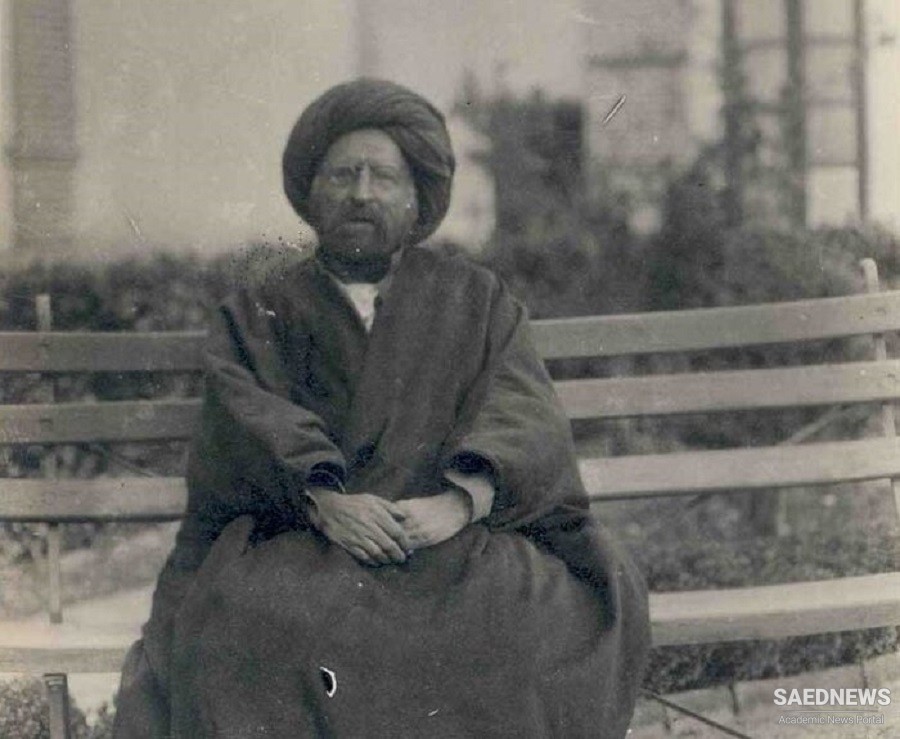Through propaganda, agitation, the supply of firearms, and financial reward (or the promise of it), tireless German agents and operatives in Hamadan, Isfahan, Shiraz, Yazd, and Kerman were able to create a network that stretched from the Kurdish tribes of the Kermanshah to the Qashqa’is and Tangestani in Fars and to the Banu Ka‘b Arab tribes of southern Khuzestan. Most famous among these, Wilhelm Wassmuss, a free agent of the sort operating in Fars province who coordinated his efforts with the German Intelligence Bureau of the Orient (responsible for covert operations in the east) was able to mobilize, along with other German officers, the Qashqa’is of the Fars province and smaller tribes of southern Fars.
They fielded a sustained insurgency against the British and their Khamseh tribal allies. Von Kardroff, taking refuge with the Bakhtiyari and protected by Bibi Maryam, the influential sister of Sardar As‘ad, the chief of the tribe, fostered a momentary pro-German pact among the Bakhtiyari. Rudolf Nadolny, the chief of the Intelligence Bureau, helped mobilize the Sanjabis and other Kurds of Kermanshah into an effective force. Oskar von Niedermayer, a senior German agent, was active in Afghanistan even though Iran proved more fertile ground for German war efforts.


 Germanophilia vs. Anglophilia: Proxy Silent War in Persia
Germanophilia vs. Anglophilia: Proxy Silent War in Persia














































